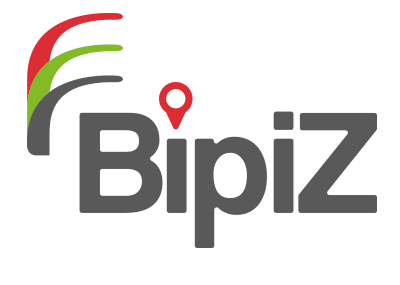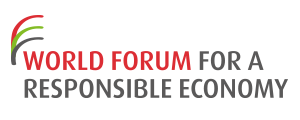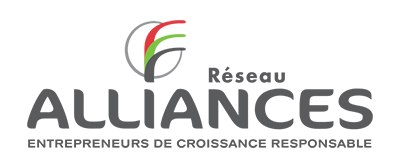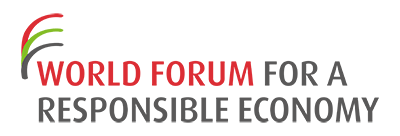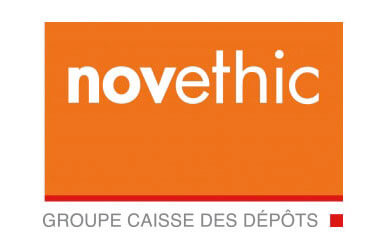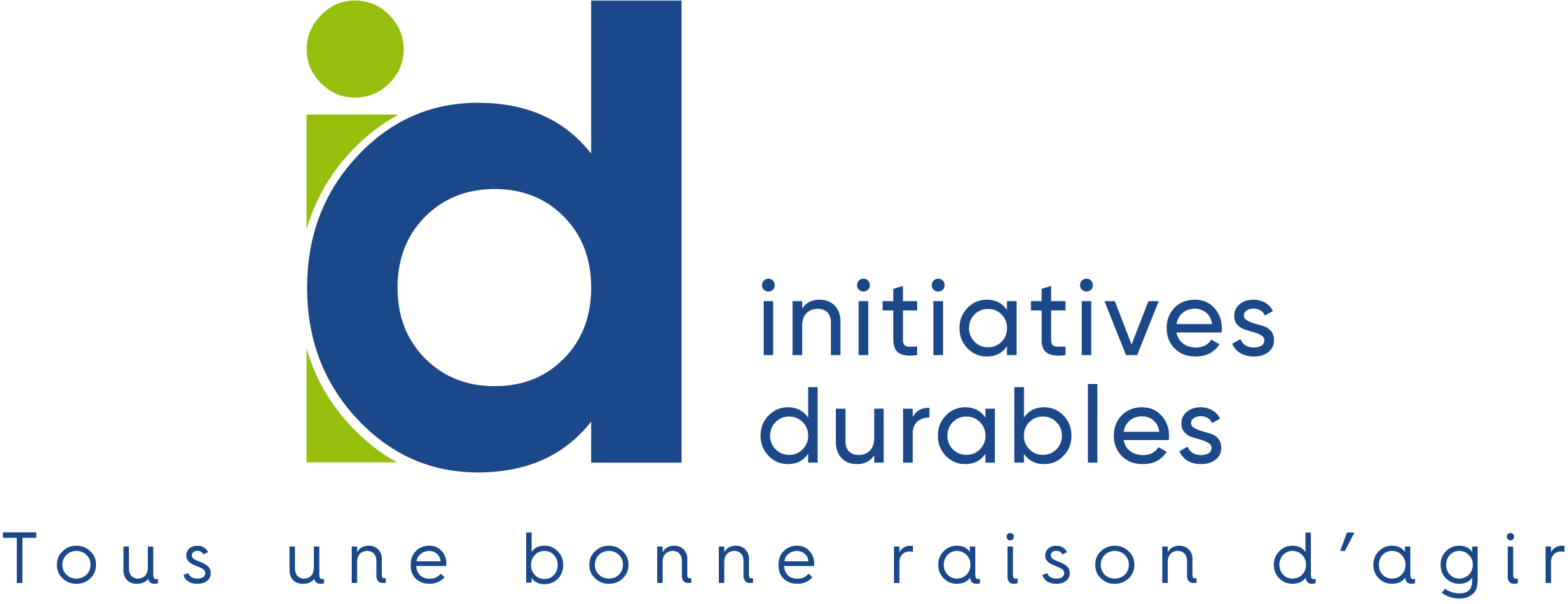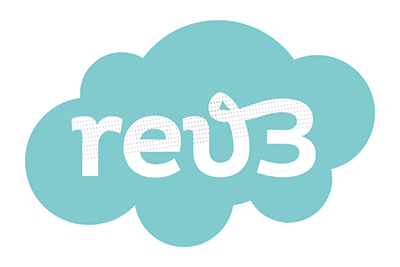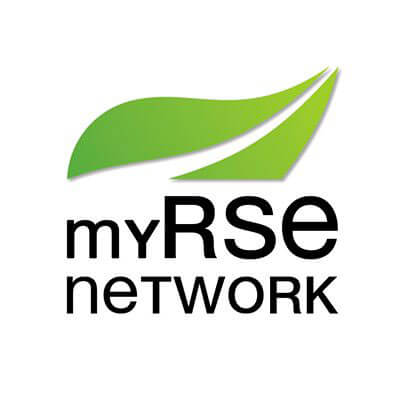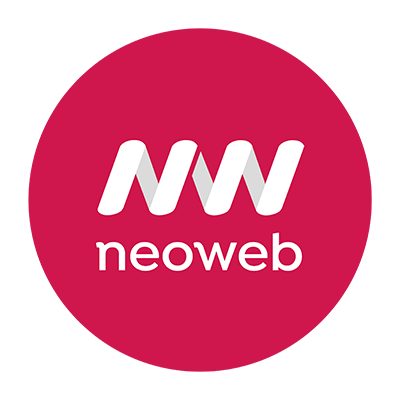Since 1997, LYDEC has provided delegated management of public services for water and electricity distribution, sanitation services (wastewater and rainwater), and public lighting for 5 million residents in greater Casablanca, Morocco.
On May 18, 2005, the King of Morocco, Mohammed VI, launched the National Human Development Initiative (INDH) to combat poverty and social and economic exclusion. On September 13 the same year, a framework agreement was signed between the Province of Greater Casablanca (the delegating authority) and LYDEC.
In 2006, to meet the new requirements of the INDH national program, Lydec created the INDH INMAE Department to provide water, sanitation, and electricity services to residents in neighborhoods with unsanitary housing. The department’s mission is to find technical and financial solutions.
